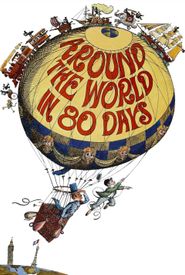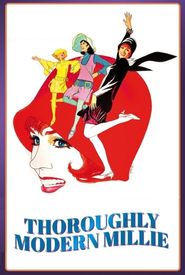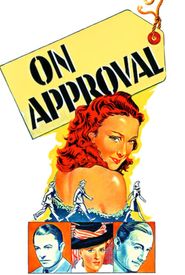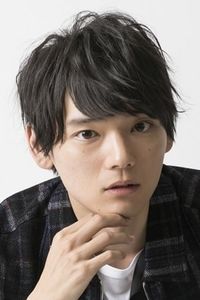Beatrice Lillie, affectionately dubbed "the funniest woman in the world", was born to a Canadian government official and grew up in the vibrant city of Toronto. As the daughter of a family with a strong musical inclination, she began her career at a young age, singing in a family trio act with her mother, Lucy, and her older sister, Muriel, who was a skilled piano player.
As the family faced financial difficulties, Bea's ambitious mother decided to take the girls to England to test their mettle. In 1914, Bea made her solo debut in London's West End and instantly captured the hearts of audiences. She went on to become a valuable marquee player, expertly weaving together sketches, songs, and monologues with parody and witty satire.
In 1924, Bea returned to America and was met with an instant success on Broadway, earning her the title of "the toast of two continents". For the next decade, she worked alongside the top stage headliners of her day, including the legendary Gertrude Lawrence, Bert Lahr, and Jack Haley. Notable songwriters and composers such as Noël Coward and Cole Porter even wrote songs and shows specifically for her.
In addition to her stage success, Bea was also a top radio and comedy recording artist. Although her film career was somewhat limited, she did achieve recognition in productions such as "Exit Smiling" (1926) and "Doctor Rhythm" (1938). During World War II, Bea became a beloved performer among the troops, and in the post-war years, she toured with her own show, "An Evening with Beatrice Lillie".
Her eccentric persona worked particularly well on Broadway, and in 1958, she replaced Rosalind Russell in the iconic role of "Auntie Mame". Four years later, she took on the role of "Madame Arcati" in the musical version of "Blithe Spirit", entitled "High Spirits", which would be her last staged musical.
As the years went by, Bea's style began to seem outdated in the midst of the Vietnam War, and she gradually faded from the public eye after a movie appearance in "Thoroughly Modern Millie" (1967). By this time, she had already begun to show early signs of Alzheimer's disease, although she managed to publish her biography in 1973.
A year later, Bea suffered the first of two strokes, and she spent the next decade and a half in virtual seclusion. She passed away in 1989 at the age of 94, leaving behind a legacy as one of the most beloved and iconic comedians of her time.



















